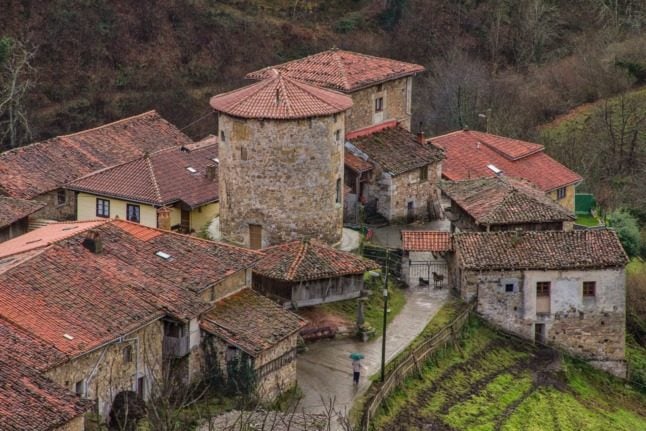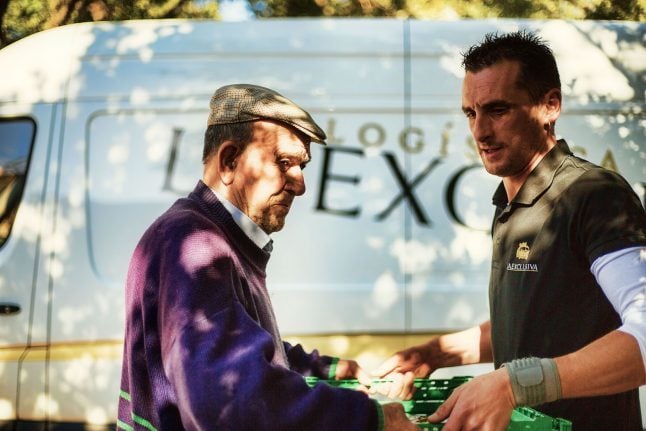The girl, who comes from outside of the city, had arranged on the internet to meet a boy.
But when she and a 14-year-old friend came to Helsingborg to meet the boy they were instead met by a gang of five men, all around 18-years-old.
According to initial reports the 14-year-old was raped by at least two of the men. Her friend witnessed the attack and called the police.
The police, with the help of dogs, managed to trace and locate the gang of men a short distance from the scene of the crime. The five men have been taken in for questioning and are all suspected of rape.
“We have secured samples and when the analysis is complete the various roles played by the men will become clear,” Peter Martin at Skåne police told the TT news agency.



 Please whitelist us to continue reading.
Please whitelist us to continue reading.